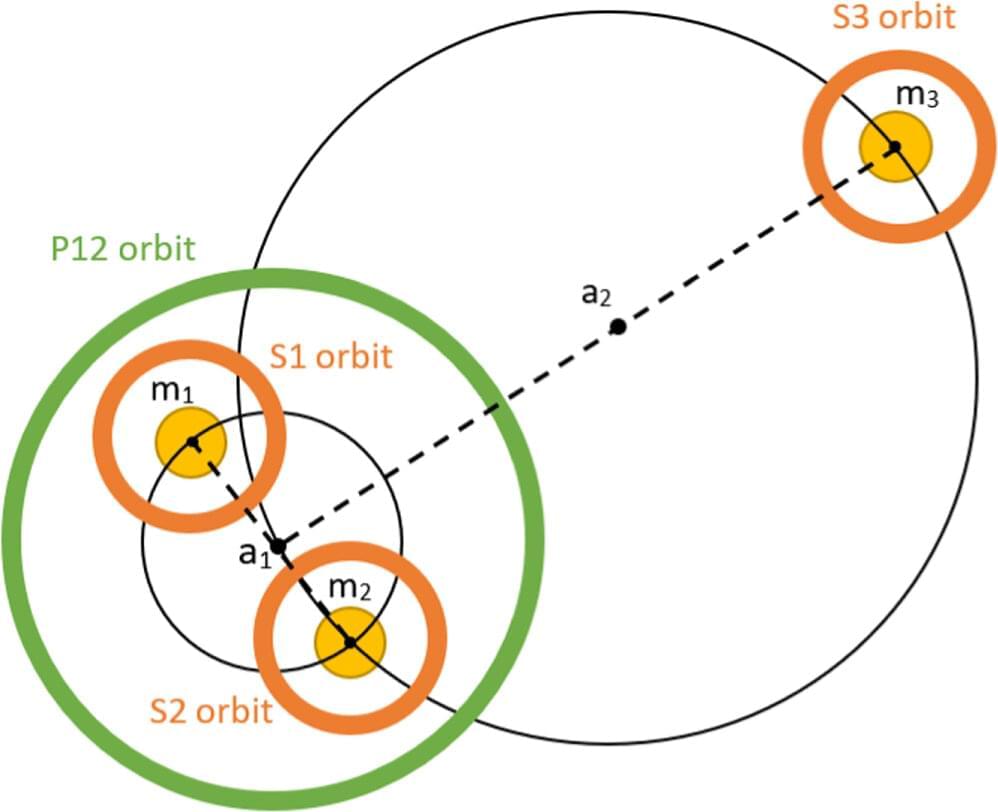Last February, the Biden administration unveiled its $5 billion plan to expand EV charging infrastructure across the country. Not only with the Department of Transportation help states build half a million EV charging stations by 2030, the White House also convinced Tesla to share a portion of its existing Supercharger network with non-Tesla EVs. On Thursday, Ford became the first automaker to formalize that pact with Tesla, announcing during a Twitter Spaces event that “Ford electric vehicle customers access to more than 12,000 Tesla Superchargers across the U.S. and Canada,” starting in Spring 2024, per the company release.
Because Teslas uses a proprietary charger port design for its vehicles, Ford owners will initially need to rely on a Tesla-developed adapter connected to the public charging cable in order to replenish their Ford F-150 Lightning, Mustang Mach-E and E-Transit vehicles. Ford also announced that, beginning with the 2025 model year, it will switch from the existing Combined Charging System (CCS) port to Tesla’s now open-source NACS charge port. These 12,000 additional chargers will join Ford’s 84,000-strong Blue Oval charging station network.
“Tesla has led the industry in creating a large, reliable and efficient charging system and we are pleased to be able to join forces in a way that benefits customers and overall EV adoption,” Marin Gjaja, chief customer officer of Ford Model e, said in the release. “The Tesla Supercharger network has excellent reliability and the NACS plug is smaller and lighter. Overall, this provides a superior experience for customers.”





